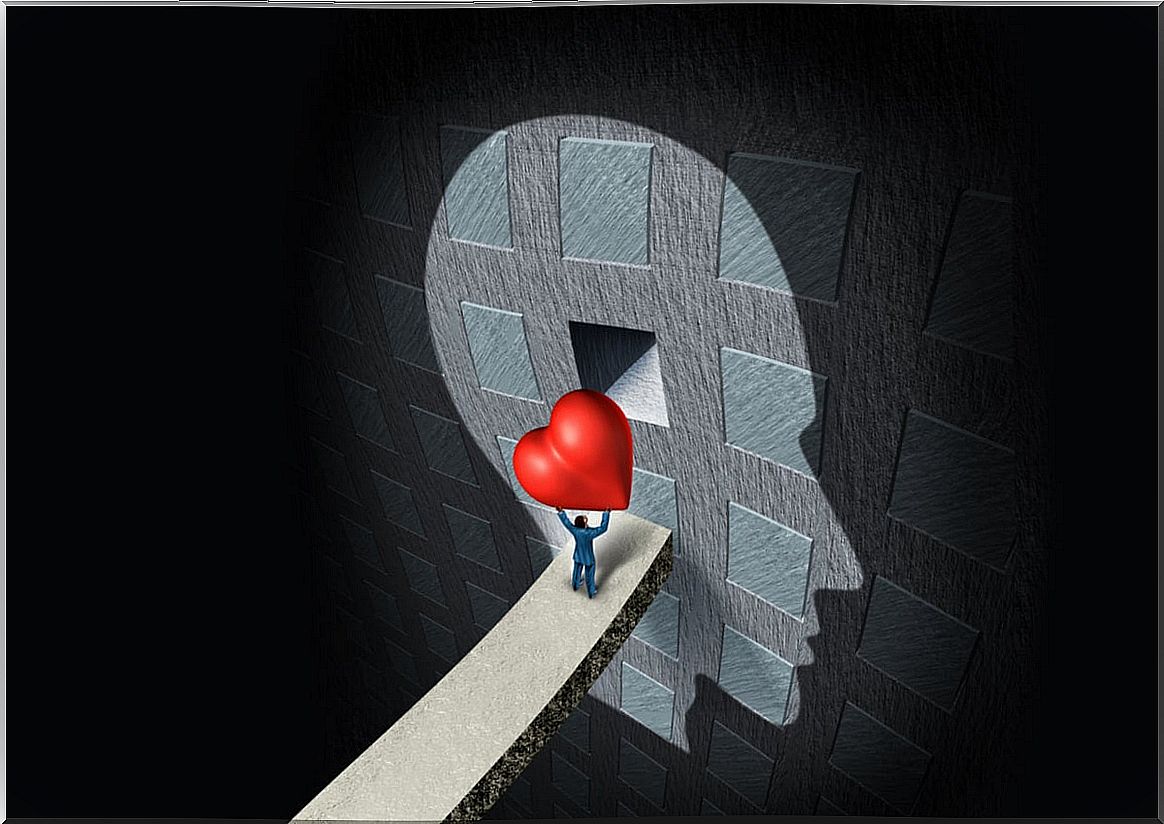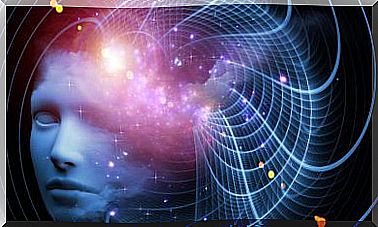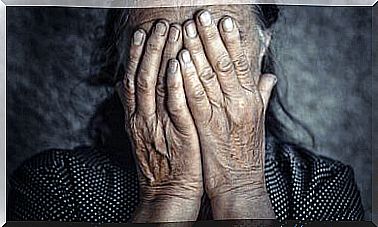What Is Emotional Memory?

Many people believe that memory has to do only with things that happen to us. With the memories themselves, with the experiences. But memory goes much further than this, and it also encompasses the physiological and emotional responses associated with experiences, with memories. And that is what emotional memory is about, which we will explain in this article.
We know that memories are impregnated with many details: of the moment or situation in question, of the associated sensations, of what we feel at that moment, and even of what we think. Memories are bathed in all these elements, and emotion cannot be separated from them.
Learn how emotion and memory are interrelated through this type of memory.

Memory and emotion: how are they related?
Everything that we live intensely, that is, experiences with a great emotional charge, are remembered much more than experiences that did not make us feel anything. And it is that memory is intrinsically linked to emotion ; the more emotion, the more memory. This happens with both positive and negative emotions (as long as they are intense).
In addition, another cause that would explain why we remember emotional experiences more is because we tend to remember them more frequently, which makes the brain circuits in charge of making that memory last, to be reinforced. That is, the more we remember an event, the more that memory is reinforced in memory (and the more accessible it is for us).
What is emotional memory?
Emotional memory has a lot to do with what we have discussed about memory and emotion. It consists of learning, storing and remembering the events associated with your physiological and emotional responses. That is, in emotional memory, the following are added: the event in question, the emotion felt during that moment and how our body responded at a physiological level.
It lasts even if we forget the event: an example
Emotional memory is a very characteristic type of memory because it can last even if we forget the event in question. To better understand this, let’s consider an example: the acquisition of a phobia. Let’s imagine that one day, when we were very young, a dog bites us and hurts us, and we experience that event as something really traumatic; As a result, we develop a phobia of dogs.
It may happen that, over the years, we have forgotten the event in question, because we were very young when it took place, but that nevertheless, the phobia is still there. Why? Because emotional memory can last even when we forget the facts in question.
Thus, in the example of the phobia, we may no longer remember what happened that day (or that we have forgotten many details of the event), but our body does remember it. Although not consciously, the body does remember the physiological sensations associated with that moment of the bite (agitated breathing, discomfort, anxiety, sweating, pain, etc.). And this is what makes the phobia persist, even though we have already forgotten the traumatic event on a more explicit level.
Remember what happened, remember what we felt
Emotional memory has other meanings beyond that explained; For example, Konstantin Stanislavski, a famous pedagogue, gave the name of affective memory to an interpretation technique that consists of remembering events to evoke certain emotions in the person.
Thus, when we remember certain events, we also usually remember what those events made us feel (especially if those emotions were intense). And vice versa; remembering or experiencing certain emotions takes us, almost inevitably, to memories where that emotion was the predominant one.
For this reason, some psychological theories affirm that, when a person has depression, they tend to remember more the negative and sad events of their life (and those memories would feed back that depression).

Emotional memory: what exactly do we remember?
But, why do we more easily remember those things that have impacted us emotionally? What do we really remember? The possibility has been raised that, in reality, what we remember is that physiological state in which we found ourselves when we had the experience.
And that’s what emotional memory is about: “remembering” how the body was activated and the emotion we feel. It is an implicit memory, inasmuch as, through it, we do not remember the event itself (that is what other types of memory are about, such as autobiographical memory), but rather the responses that were activated in our organism with it .
And you, what do you remember about your life?
As we have seen, emotional memory has to do with everything we feel during certain experiences, and we can forget those experiences but the memory of that emotion endures. If we asked you, taking a small balance of your life, what are your most vivid memories? What would you say?
Are they emotional memories or situations that made you feel “nothing”? Do you think it is possible to remember something very well that has not made us feel an emotion? Probably not, because that memory never left its mark on our brain or our soul.









